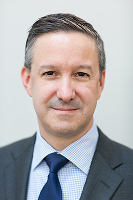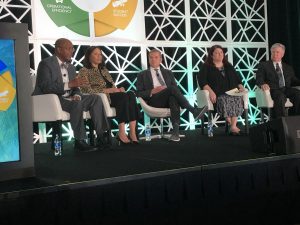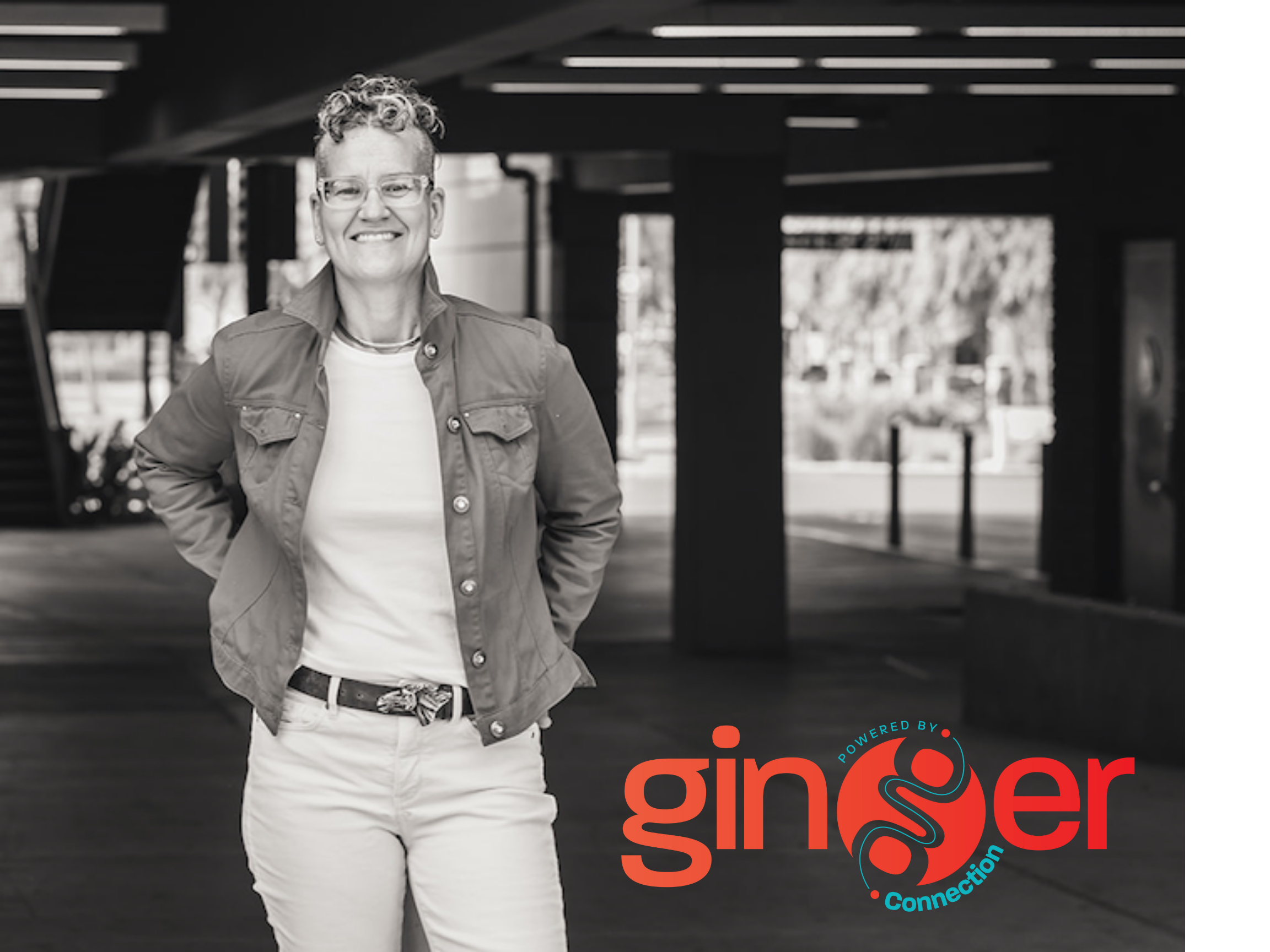Beyond COVID: A SEM Perspective
There has been so much discussion about “getting back to normal” or creating “the new normal” during these pandemic times. What we know is that, with past pandemics, we have seen the upending of critical structures, such as health systems, economic life, socioeconomic class structures, and race relations. (De Witte, 2020). The impacts have included the way our institutions and communities operate, as well as how family members interact with one another. Today, I find myself wondering what the impact will be on post-secondary education and how it will adjust to whatever normal that may emerge following the COVID-19 experience.
A short time ago, I had the pleasure to convene a webinar panel discussion, Coming Out of COVID, in which four enrollment leaders from the U.S. and Canada shared their views on how post-secondary institutions will approach life after the pandemic. A common thought was the need to develop a sense of urgency on campus so that the pinnacles of SEM can be maintained (institutional wellness, operational efficiency, and student success). Some of what they said also touched on these topics:
- Communications, communications, and more communications
- Flexibility
- Finding the right balance between online and in-person student experiences
- Supporting the staff who serve at the student touch points
- Variable impact on different student populations, and that one process may not work for everyone
- Affordability, with many students left with financial challenges due to the pandemic
At the recent American Association of Collegiate Registrars and Admissions Officers Strategic Enrollment Management Conference (the first in-person conference I have attended in two years!), we heard from our keynote speakers on this topic. Here are a few highlights:




- Dr. Gregory Fowler, president of University of Maryland Global Campus, called on us to “improve end-to-end the student experience.” He challenged us to cultivate human skills, recognize that learning is everywhere, and educational institutions need to support the learning that people need across their lifetime.
- Jeff Selingo, author of two New York Times bestsellers , College (Un)Bound and There is Life After College, and the new book Who Gets in and Why: A Year Inside College Admissions (which he signed a copy for me!), described the student experience as about learning “how to negotiate relationships.”
- A higher education panel (Dr. Monica Parrish Trent, Achieving the Dream; Dr. Dhanfu Elson, Commplete College America; Dr. Kevin Pollock, Central Carolina Technical College; and Laura Clark, Virginia Community Colleges) spoke about the importance of supporting learning and student success across all student demographics, with a particular focus on those who start their post-secondary learning in community colleges.
- Ginger Johnson spoke about “At the Table of SEM,” we need to move from networking to connecting; that by connecting with each other, we can truly transform our learning organizations. Specifically, she called on us to 1) seek alignment as a way to transform our institutions and not just change them, 2) keep things simple by being productive while being “seen, valued, and heard,” and 3) support belonging by “always having time to connect” with one another. Ginger graciously left us with signed copies of her book, Connectivity Canon: Why and How to Connect with People on Purpose with a Service Mindset.
Pulling all of this together and reflecting on what our new normal will become, I find myself being optimistic regarding all the things we can do in higher education. It also makes me return to my teaching philosophy, Teaching for Learning, in which I describe education from the learner’s perspective; that our task is to create “educational environments that enhance learning and by engaging students individually in ways that inspire them.” This can best be done when we attend to the SEM trilogy of student success, institutional wellness, and operational efficiency while taking into account our takeaways from the pandemic.
I can hardly wait to see what we come up with!
-Clayton Smith
De Witte, M. (2020). Past pandemics redistributed income between the rich and poor, according to Stanford historian. Stanford News. https://news.stanford.edu/2020/04/30/pandemics-catalyze-social-economic-change/
Recent Comments